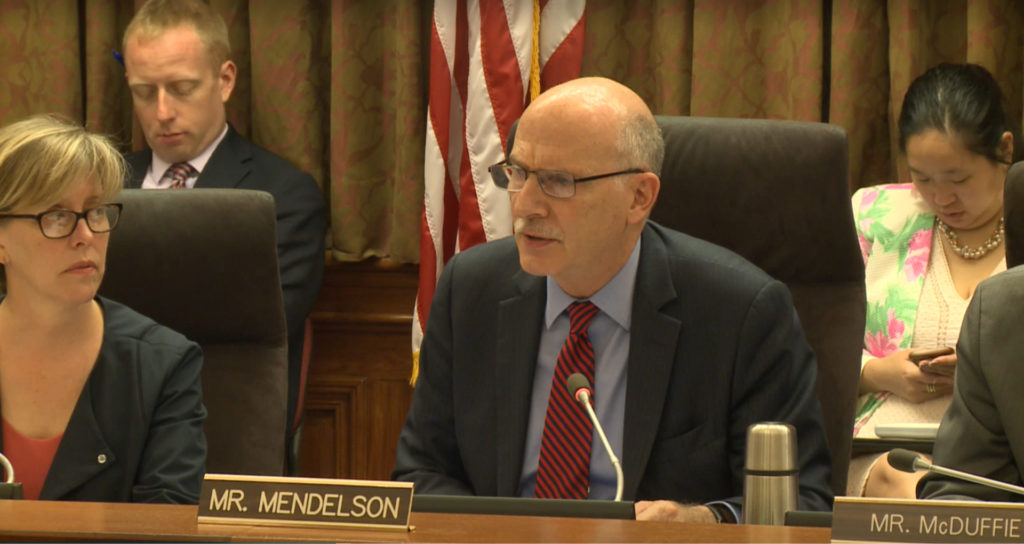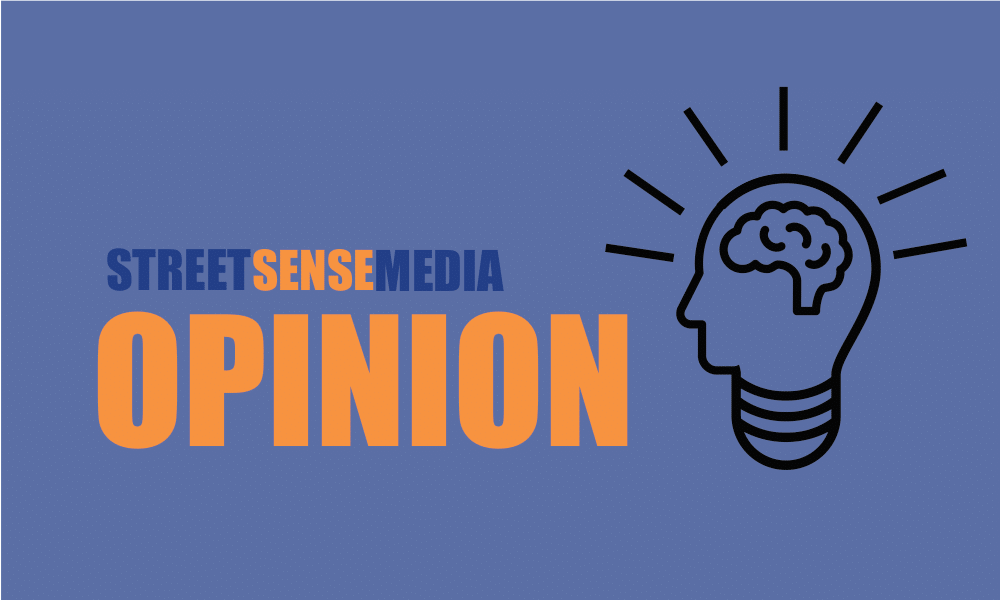Empower D.C., a non-profit agency dedicated to advocating on behalf of low- to moderate-income D.C. residents, held a meeting at Union Temple Baptist Church in Southeast to review the Framework Element of the D.C. Comprehensive Plan, which was initially passed by D.C. Council on July 9.
The July 13 meeting was attended by roughly 60 advisory neighborhood commissioners, D.C. Council Chair Phil Mendelson, members of special interest groups, and individual members of the public — most from low-income communities. Development projects and displacement fears dominated the discussion. The Comprehensive Plan governs and guides land use in the District of Columbia and the second and final vote on the amendments to the Framework Element will be held in September.
“It’s not too late to change the Framework Element,” Mendelson said. He stressed his opinion that a policy mechanism called “land use recapture” should be included in the final amendments. Land value recapture policies charge landlords a fee to be used for public benefits, such as funding affordable housing, when the landlord’s property is “upzoned” to allow denser development.
The last time the Council adopted amendments to the plan, in 2011, the Office of Planning only received 20 public comments for review. This year the number of citizen comments was more than 3,000. “There’s been a lot more interest in the Plan and how it’s used as a policy document,” Empower D.C. Executive Director Parisa Norouzi told the meeting attendees. Mendelson pointed out that the D.C. Council has re-written the plan in “plain language” to make it more accessible, given the high level of public scrutiny and input.
Most meeting attendees attributed the public’s attention to the document to deepening inequality and the rate of gentrification in the city, which a study released in March said was the highest in the country. Materials distributed at the meeting by Norouzi and activist Chris Otten — known for holding up large development projects in appeals court during attempts to influence community benefits in the development plans — indicated that nearly 17 percent of D.C. residents live in poverty. Half of the city’s residents are renters, one third of whom have average annual incomes of approximately $30,000 or less.
Meanwhile, the District’s Area Median Income, a number used to determine income limits to qualify for affordable housing programs, is more than $120,000. The materials also indicated that 111,000 people in D.C. earn minimum wage, which increased to $14/ hour on July 1. An individual working full time at minimum wage would have an annual pre-tax income of $29,120/year.
Last year 1,595 families applied for shelter during the winter months, Nov. 1 to March 31 – and approximately 6,183 single people used the shelter system, according to the flyers supplied by Empower D.C.
Finally, just over 40,000 households are on the D.C. Housing Authority’s waiting list for a Housing Choice voucher and another 26,000 names remain on the waiting list for public housing. In December of last year, DCHA was following up with people who applied for vouchers in 2004 to see if they still needed help.
Caitlin Cocilova, a staff attorney for The Washington Legal Clinic for the Homeless, said the material in the Framework Element as written suggests that the Comprehensive Plan will “push out” lower-income people who currently are in the city’s public housing.
A report the DC Fiscal Policy Institute released in April titled Budgeting for Equity: How to Advance Opportunity for People of Color in D.C. states that “inequalities we see today are the direct result of decades of compounding housing policies that have been as advantageous for white households as they have been detrimental to Black households,”
At the July 13 meeting, Ward 1 resident William Jordan said the version of the Framework Element the Council initially passed “is no better than the amateurish garbage the Office of Planning gave us last year.” Jordan said he, like others at the meeting, wants to see stronger language on racial equity so that the city can objectively analyze the impact large developments have on vulnerable communities. He, too, supported land value recapture as one way to mitigate these effects.
Mendelson said the Council should move quickly to add more language about equity, including more detail about land use and public housing, to the Framework Element before the second reading of the amendments in September. What they have now is “good as a start,” he said.
Norouzi wants D.C. Council to hold hearings focused on how to better integrate affordable housing into the massive Comprehensive Plan.
Under the auspices of Empower D.C., some meeting participants formulated a range of demands they want Mendelson to carry out. Among them were: strengthening and clarifying language so the plan is enforceable in court, expanding public engagement efforts to utilize the outpouring of citizens’ interest in more productive ways than the 14-hour marathon public hearing held in March to collect input on the Framework Element, and an emphasis on small-area planning to promote inclusion of residents in decision-making at the neighborhood level.
The second vote on the amendments to the Framework Element, including any further changes since the initial vote, will take place on September 17. Once those amendments are agreed upon, review of suggested updates for the next section of the plan will begin.







